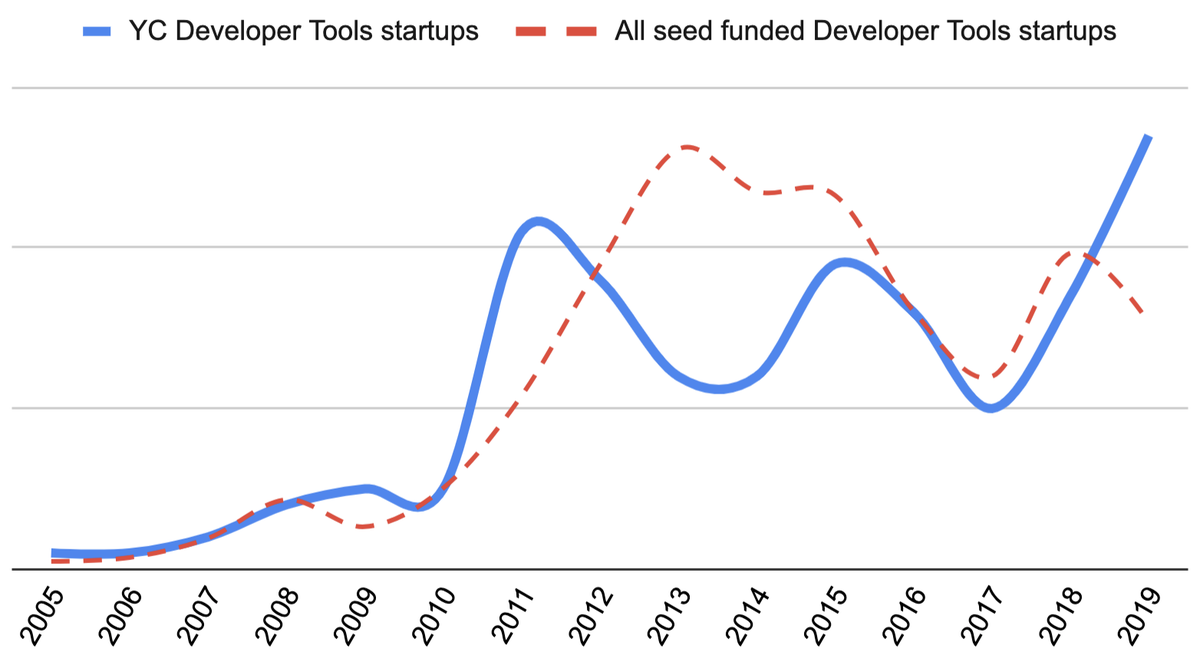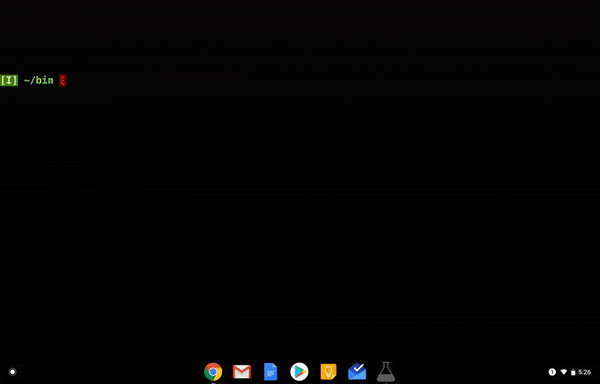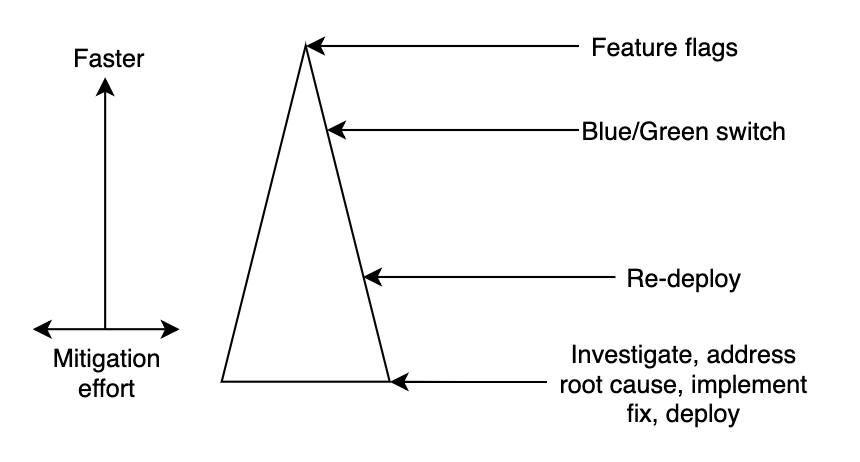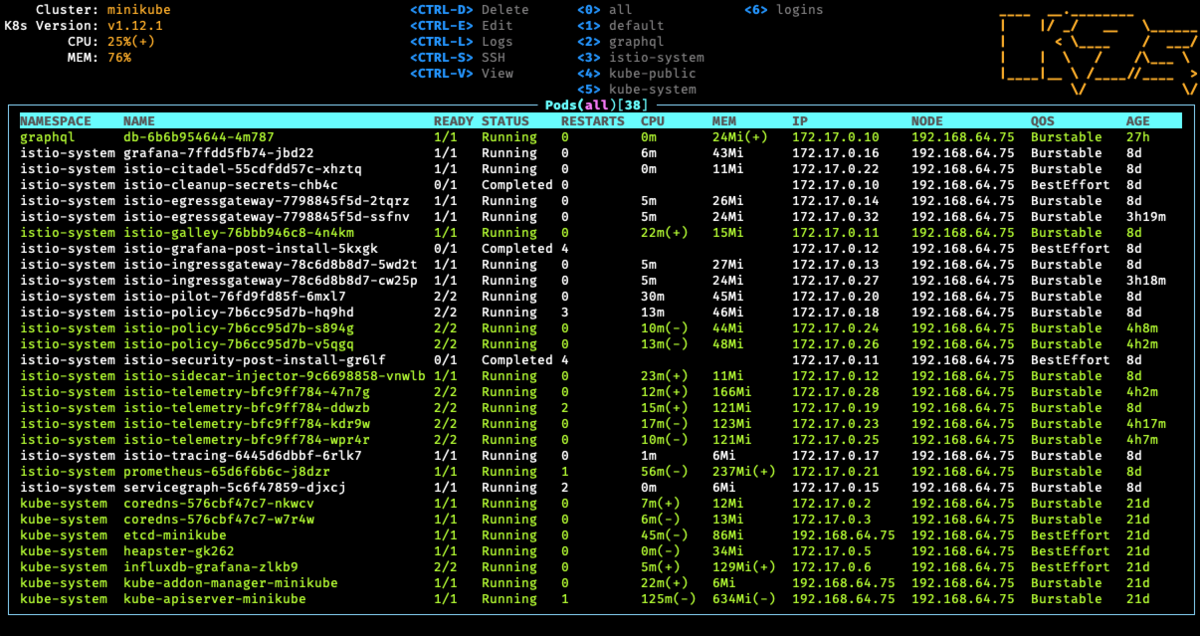What 15 years of Y Combinator investments can teach us about startups
YC touches so many companies that it is in effect an index on the entire early stage venture capital industry, like the Dow Jones Industrial Average for public stocks.
Lots to ponder in this post. Developer tools, AI, education, and health care are all trending right now in YC investment while hardware and fintech sectors are slowing.





